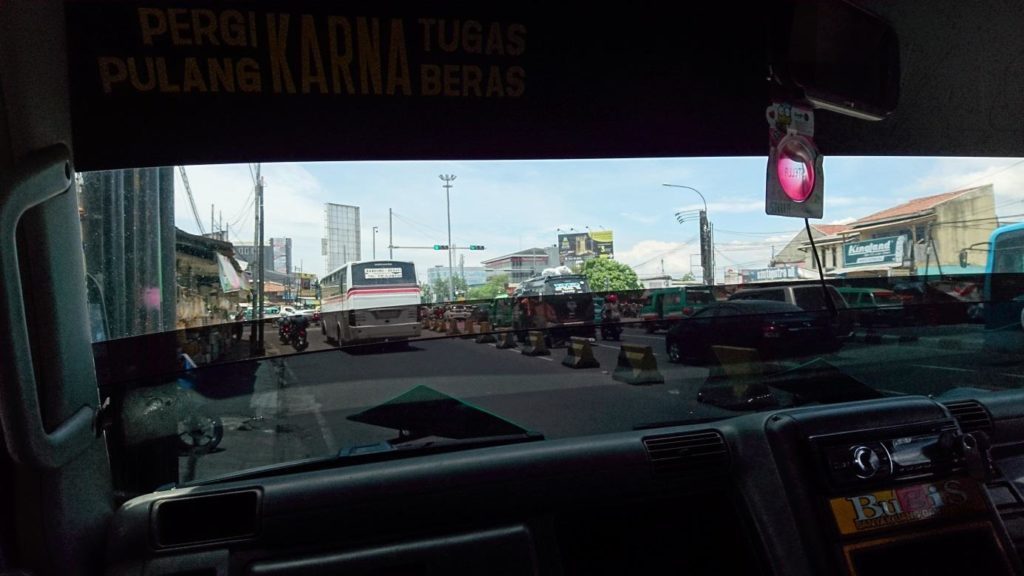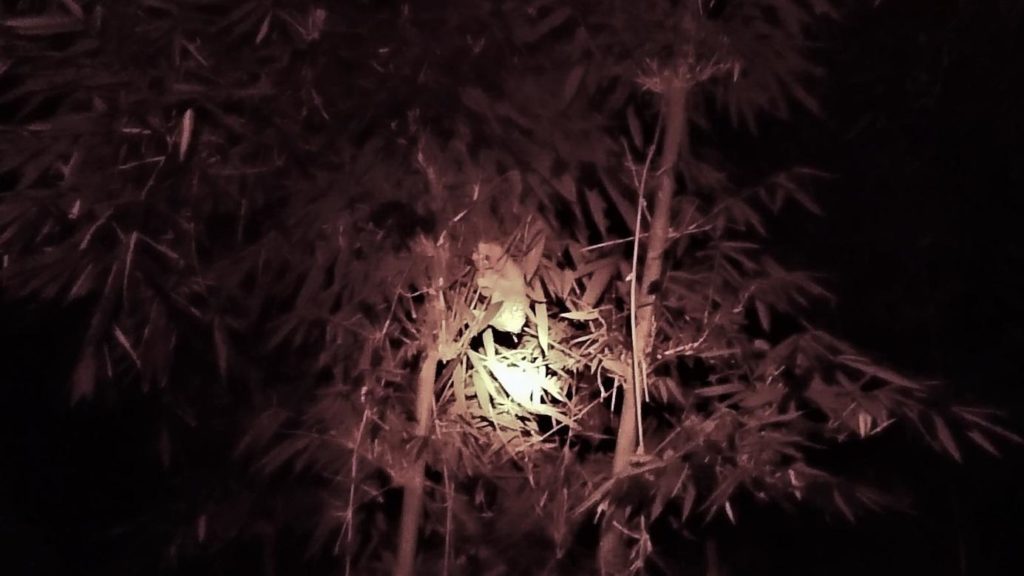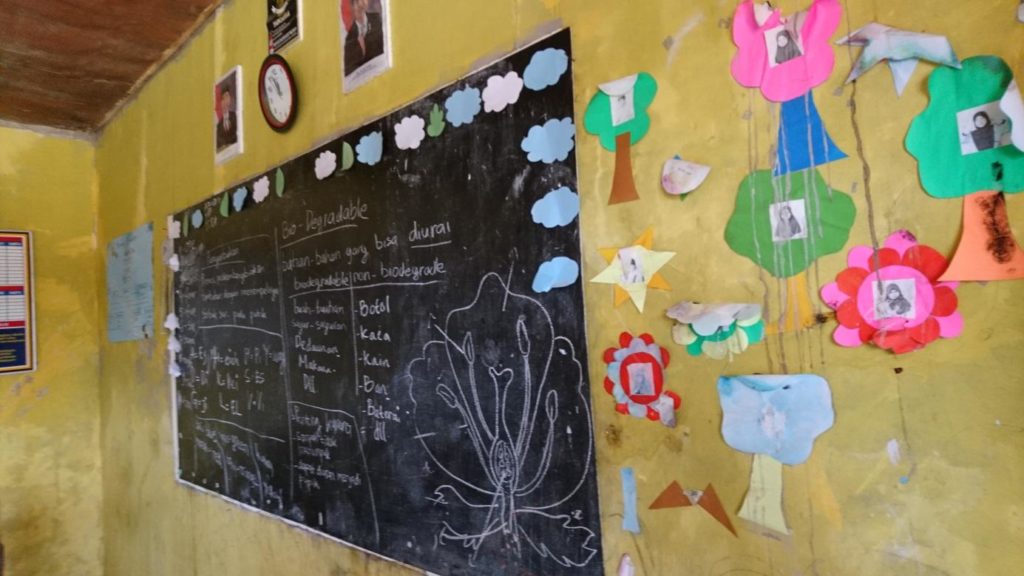To me, the decision to become a volunteer at LFP was both hard and easy in the same time. I really loved my job in Jakarta, which I had to leave eventually should I decide to join this project, and I barely knew anything about wildlife activities. On the other side, I’ve always wanted to do some volunteering actions for years but never actually found a project that really excites me like this one. But then I thought that life was simply too short for that kind of hesitation, so I decided to leave my comfort zone and handed my month notice as soon as my application was accepted.

I travelled to Cipaganti from Bandung for the very first time with an angkot (mini bus public transportation, that can pick up and drop passengers in random places) followed by an ojek (motorbike) ride uphill directly to the green house, the name of LFP field station. I got immediately acquaintained with the staffs and other volunteers (and the cats!) as soon as I arrived while enjoying a huge piece of chocolate cake accompanied by a cup of tea, then I met with the trackers the next day. They were all very nice and friendly, hence a very pleasant first impression of my journey here.
Like any other volunteers I join the night observation team, which usually consists of 1 volunteer and 1 observer (plus another volunteer in training if there’s any). My first training session was to observe a male juvenile slow loris named Mungkin (which literally means “maybe”). I find the way they give the lorises name hilarious. Some are based on an Indonesian word: Bintang (star), Lucu (cute), Tombol (button), we also have slow lorises with quite a famous name like: Toyib (from an iconic Indonesian song, “Bang Toyib”), Sule (a well-known local comedian), Xena (warrior princess!), while the others have European names like: Fernando (maybe inspired by a famous ABBA song?), Shirley, Jean, etc. Since I hardly ever exercised, my first shifts were very difficult. I’ve always tried my best not to give up and right now I’m glad that I’ve gotten much better and faster already (although I’m still relatively slow compared to the other observers and the trackers).

In addition to the night observation, I volunteered myself to help managing the data we collected as well. In order to do this, I had to learn about the R programming language, which is arguably one of the best languages to do statistical analysis and data science. In contrast to the other volunteers, I really enjoyed learning how to code using R. We also do a lot of daytime activities here. One of them is our “Nature Club” programme. Twice a week we visit a local school to teach the children English and some knowledge about nature (like what makes a healthy forest, bio-degradability, etc.). Even though I’m really terrible at teaching, I volunteered to assist the teaching force from time to time and tried my best to transfer some of my knowledges to the children. Once in a while we also plant and distribute some trees to the farmers in the conservation area to ensure the sustainability of the slow lorises’ habitat.

Entering my final few weeks, the experience and amazing new friends in the course of my stay at LFP make me really grateful that I pursued my resolution to be a volunteer here. Doing the night observations can be hard sometimes but they are really fulfilling indeed. I’ve always tried to contribute as much as I could, but in the end I still feel that I am the one who gained the most in form of invaluable lessons and perceptions!
- Joshua
- Volunteer

